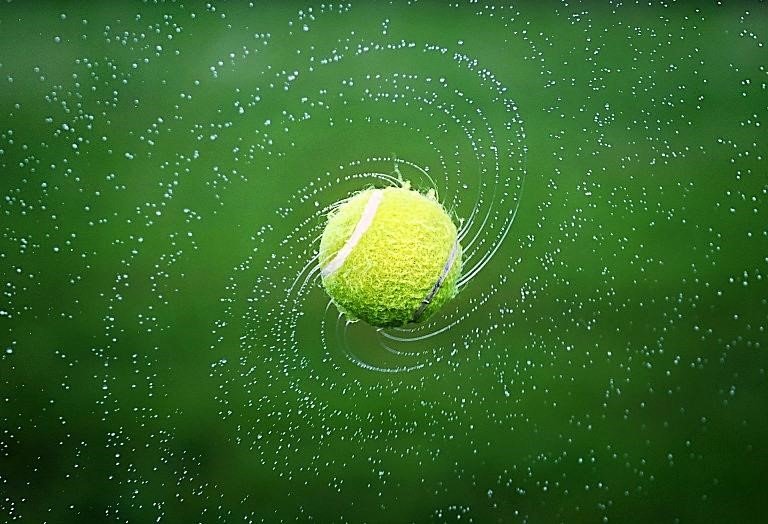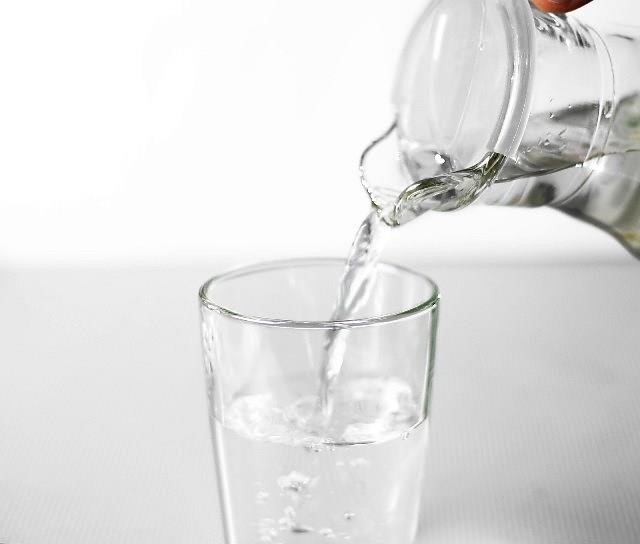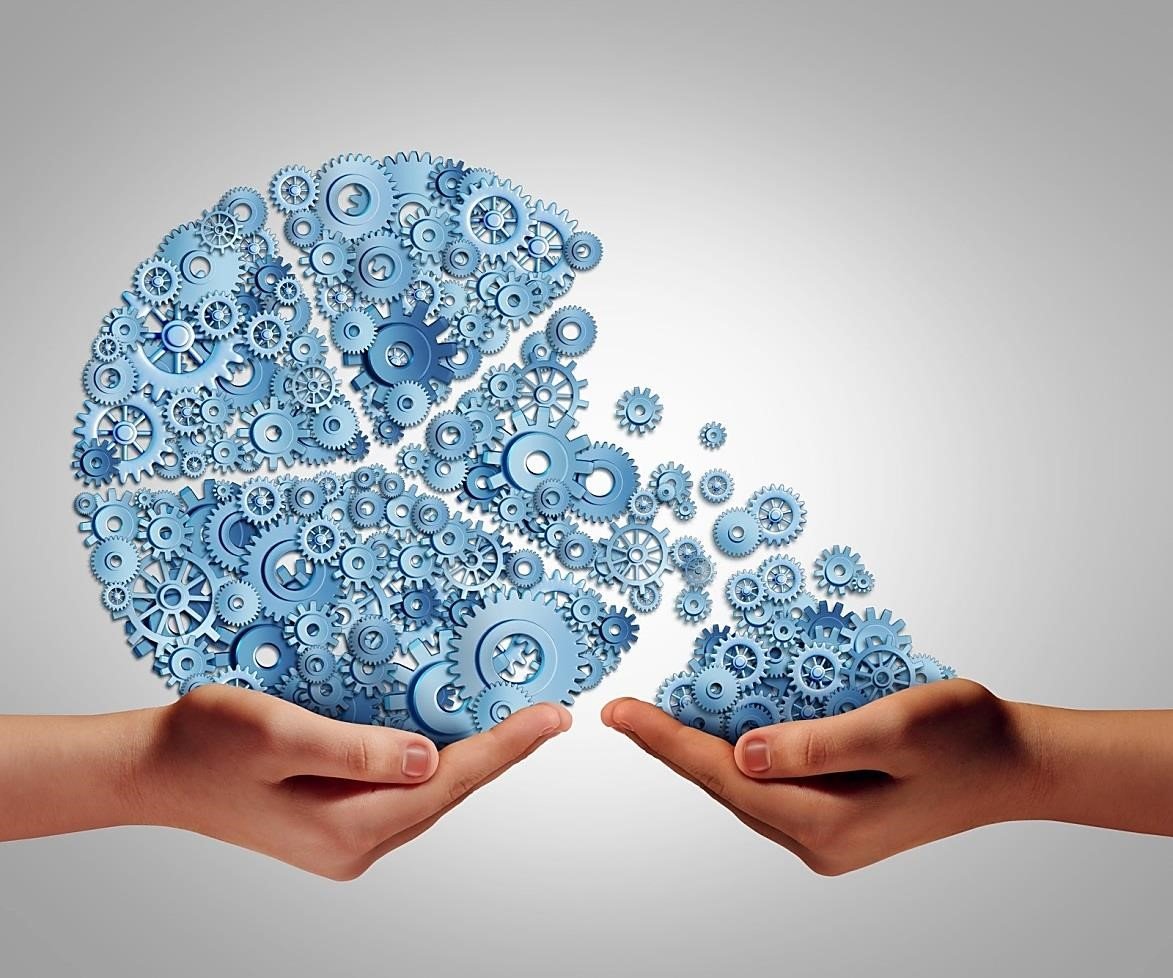


Winter Water Cooler Health – Cold Weather Hydration Tips
Maintaining good hydration habits may seem less important in winter than in summer, but this is not the case. I would venture that it is actually more important to make sure you’re drinking enough water in winter than in summer.
Dehydration is much less noticeable during winter, as you don’t notice how much you sweat under layers of clothing.
The dryness in the air may dehydrate our bodies quicker than we can imagine and most often, we don’t even feel thirsty, so our need for adequate water may remain unmet*. That’s why it’s important to work pre-emptively to replenish the fluid reserves of the body, in order to avoid any physical discomfort that will stem from dehydration in the future.
As with all seasons, winter also demands special dietary and lifestyle adjustments to prepare the body for the cold weather.
Drink room-temperature drinks: Although cold drinks are absorbed quicker, warmer or room temperature drinks keep your body temperature optimal – particularly ideal if you’ve been exercising in the cold.
Make good hydration a habit: Since your ability to recognise your thirst worsens as you age, today is the ideal time to start getting into the keeping hydrated habit.
Boosting Immunity: The cold and dry air may sap your body of energy, making you feel sluggish and even making you more susceptible to cold weather illnesses. Keeping hydrated helps boost immunity thereby protecting your body.
Regulating Weight: When you’re hydrated, your body is more capable of breaking down fats, effectively regulating body weight.
Eat water rich food: Fruit and veggies have a high water content – these add volume and keep you satisfied without the calories. Broth and soup are also a great way to consume water.
Water refresh: A lot of us just do not like drinking water, period. Try adopting a different approach. Switch up your room temperature water by adding lemon, cucumber or even ginger.
Helps skin health: Drinking adequate water during winter is essential to stay hydrated, all which helps to prevent dry and dull skin.
Whatever the weather and wherever your location in the UK, the easiest and quickest route to ensuring you have a constant supply of refreshing drinking water is to install a water dispenser from AquAid. We provide a wide range of high-quality water coolers, water boilers and Instant Taps.
AquAid has also recently added a selection of Touch-Free water coolers and water boilers to our range: providing you safe and easy access to your drinking water, thereby ensuring your continued hydration health.
*source: NDTV Food

Water, Wellness and You
Maintaining even a modicum of the usual fitness levels can be difficult during normal circumstances; during periods of social distancing, they may seem well-nigh impossible. We don’t all have a home gyms or exercise equipment in our place of residence. For many of us, both indoor and outdoor space can also be an issue.
That said, here at AquAid, we looked at exercise methods that are not only better suited to a more private indoor environment but are also easily achievable. A few examples are:
Resistance training – using workout/exercise bands.
Walking, climbing stairs, on the spot jogging – after a good warm up.
Yoga, Pilates and stretching exercises.
Seated exercise – at your desk or in your workspace.
Home weights training – you can use anything from a tin of beans to a dictionary for this.
As always, with any form of mobility, exercising or fitness training, the key to protecting your body and mind while being able to better perform during any fitness or exercise is to make sure you drink water. If you prefer more high impact exercising – e.g. cardio workouts or dancing, where you sweat more, the rule is simple – drink more water.
There is a considerable amount of videos freely available online to guide even the most sedentary of us to basic fitness health, but we particularly liked the videos available at the NHS.
Here’s wishing you a safe, enjoyable and very well hydrated work out, wherever you are, whatever size your home, home office or current workspace.

Hydrate Your Way to Health
The title isn’t just catchy, it’s the literal truth.
More than 90% of Britons experience health issues. What’s worth noting is that many of these health issues can be resolved by simply drinking water more as it may well be that dehydration is the cause.
If you are feeling unwell and are displaying the following symptoms, you may be dehydrated:
- Dry mouth
- Dry skin
- Feeling tired
- Irritability
- Inability to concentrate
- Feeling faint/dizzy
- Headache
Often, these symptoms are a direct result of not drinking enough water. The good news here is that by simply increasing how much water you drink which will rehydrate you, your organs are able to function better and not expend further energy sending you signals that they need water.
Remember though, if you are drinking enough water and are hydrating properly – check the easy reference chart at the AquAid website – and you’re still feeling unwell, there may be another cause, so you may want to chat to your health professional.
Of course, as here at AquAid Water Coolers our focus is all about the supply of refreshing bottled-at-source water through our Bottled Water Dispensers and filtered water via our Mains Water Coolers, we’re well aware of the links between hydration and health. Moreover, by offering a wide range of high quality water dispensers suited for installation in whatever size organisation you may have, we are also able to assist with the provision of safe water resources to thousands of communities who currently do not have access to clean drinking water.
Contact us to find out more.

